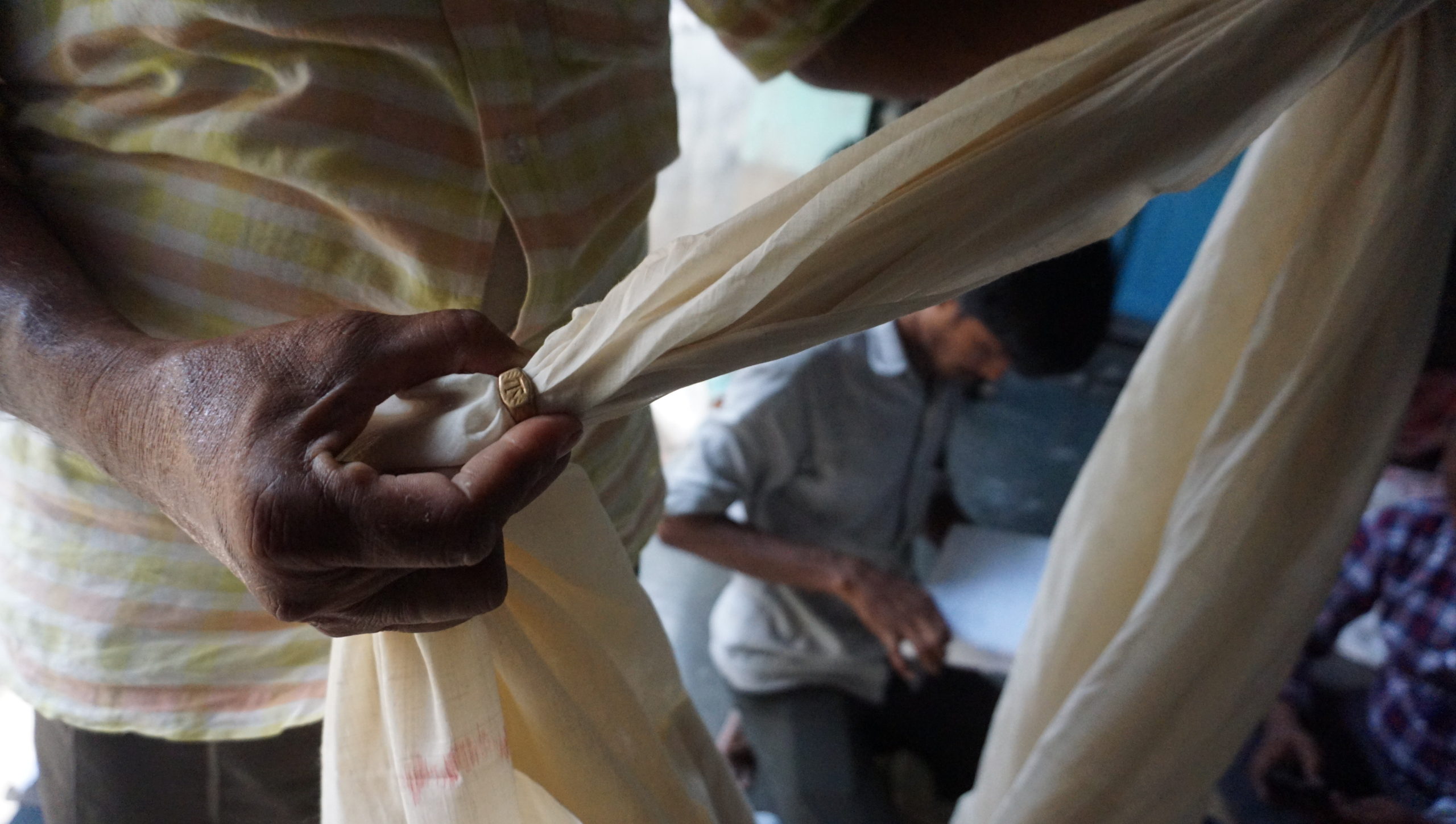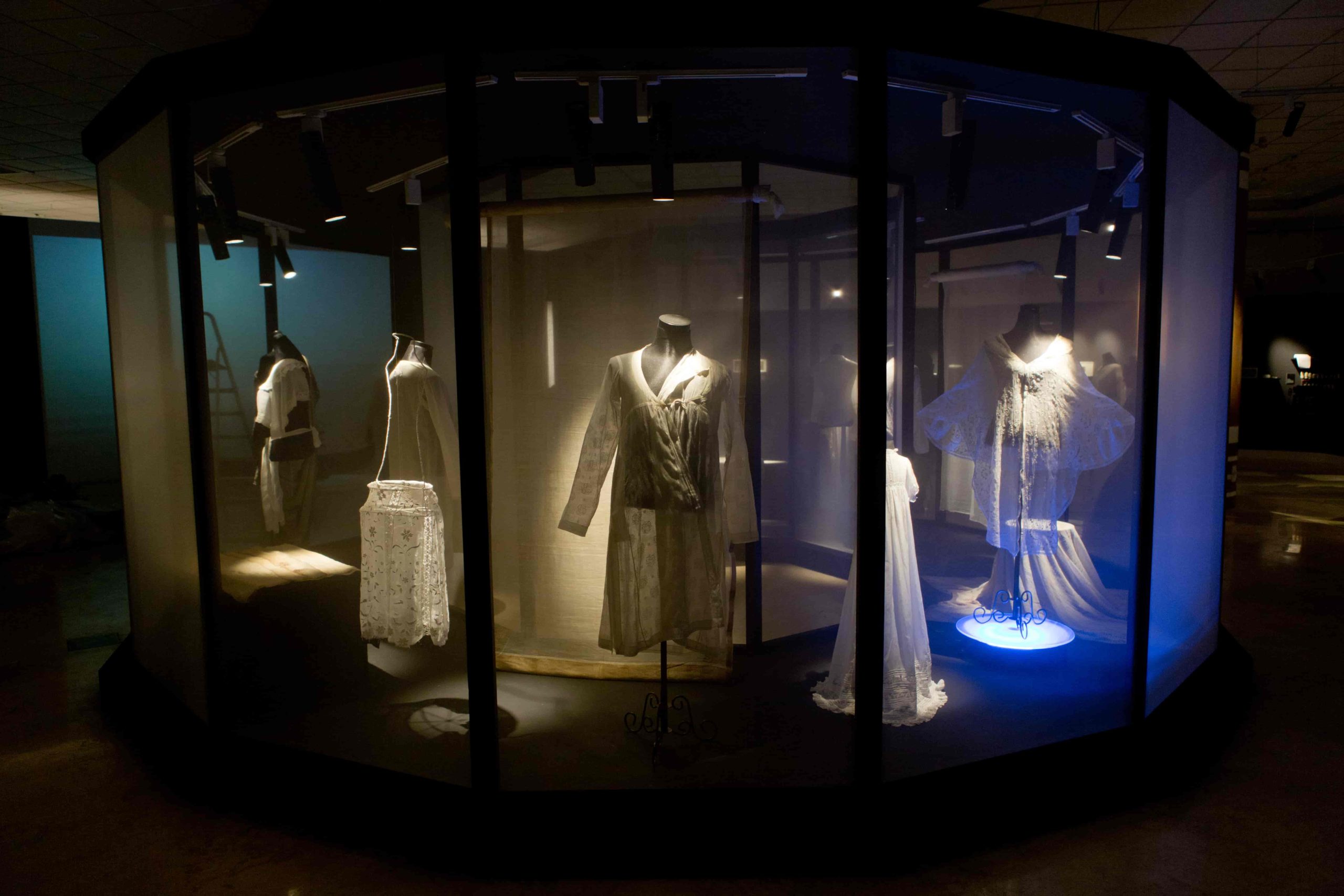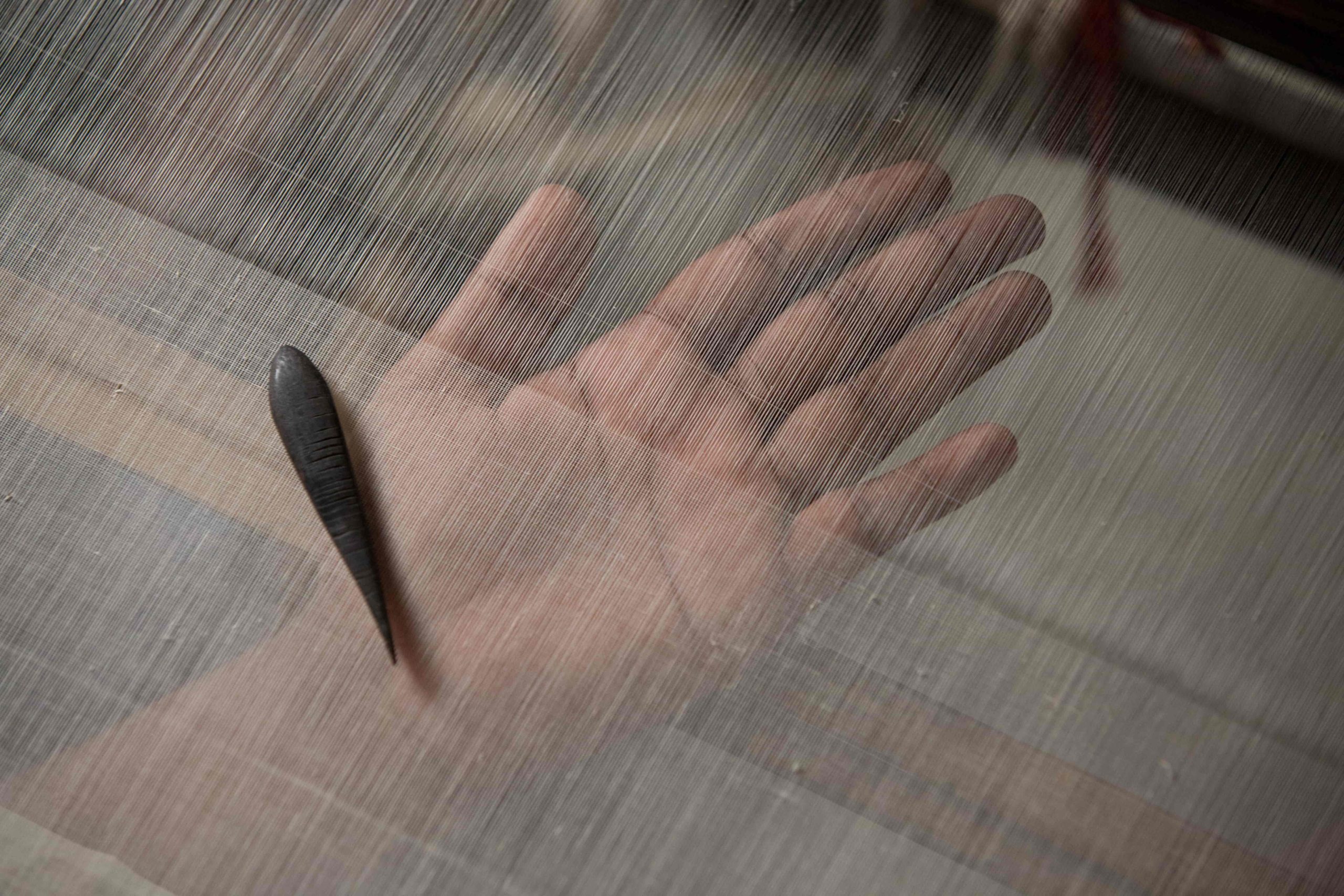- Tel: +880-2-8141817, 58153087, 9120125
- Email: info@bengalmuslin.com
STORY OF MUSLIN
Muslin’s history is rich, complex and beyond what is attributed to a simple craft. A
cloth so fine that at various times in recorded history it was described as ‘woven air’
and ‘the skin of the moon’. The Mughals called it ‘mul-mul’. The English traded,
exploited and exterminated the cloth. Its true history deserves to be told.
Muslin’s manufacture involved sixteen complex processes which were carried out by
different castes, religion, gender, age and communities of which spinning yarn and
weaving the flowered and figured (jamdani) muslin were most prized.
The Bengal muslin industry was decimated by the policies of the East India
Company. Using phuti karpas (a 70% match) spun in India, we have recreated saris up to 400 count in their original motifs.
William Bolt wrote in 1770, in his “Consideration on Indian Affairs”, that the Mughal
Emperor, Aurangzeb, once chastised his daughter for being naked although the
princess was fully clothed in seven layers of muslin.
Our research resulted in the Muslin Festival in Dhaka (2016) which launched the true
story of muslin. It included an exhibition, a publication, ‘new muslin’ saris of 300
count, seminars and later a film show.






